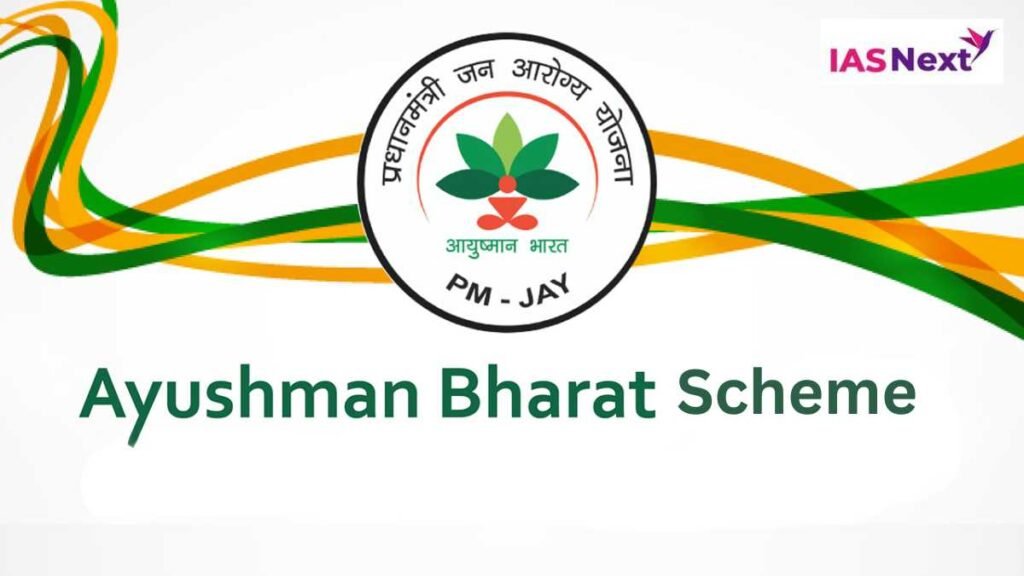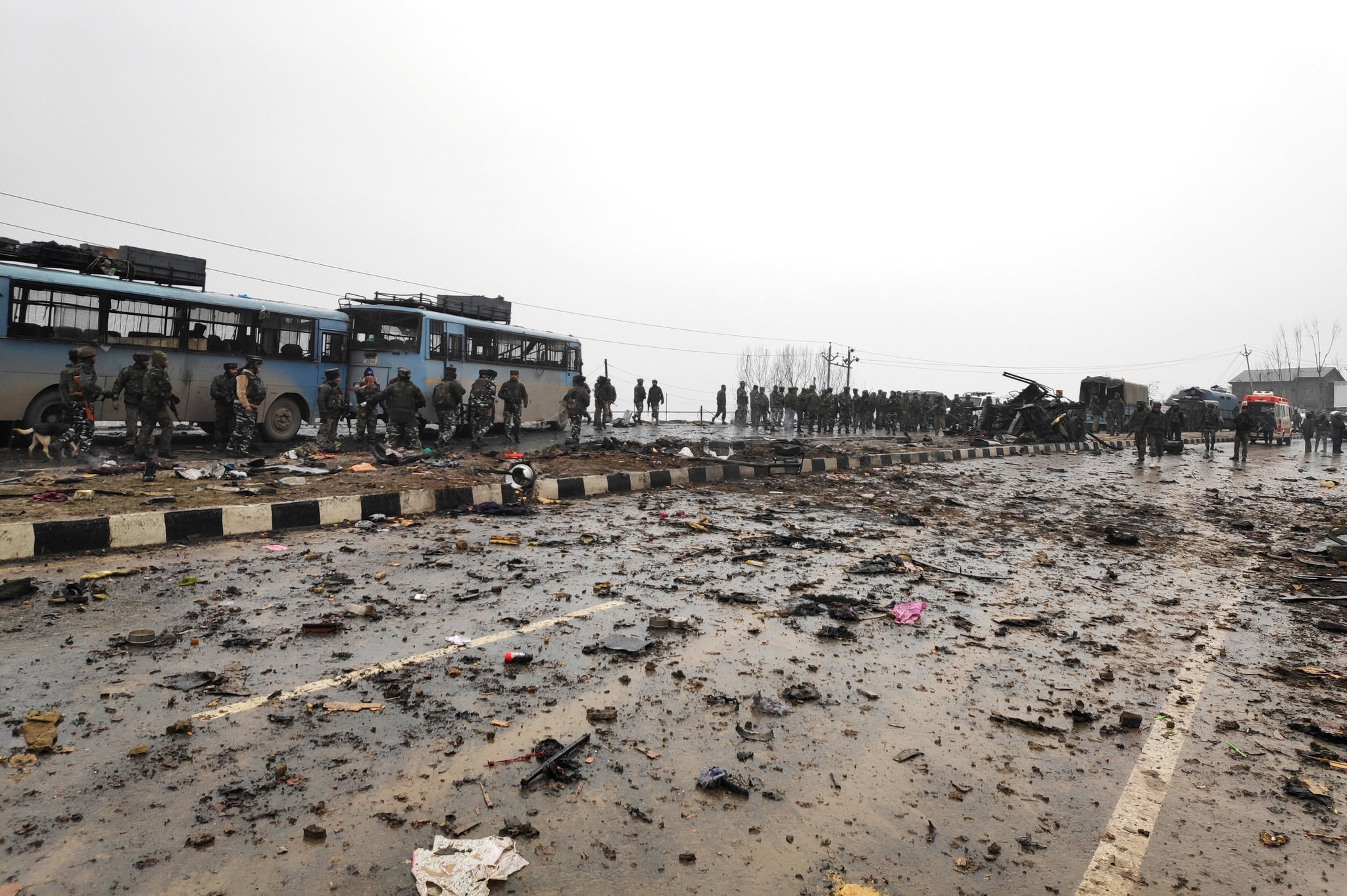


The Indian Medical Association (IMA) has issued a warning to the Haryana government stating that 600 private hospitals may stop participating in the Ayushman Bharat scheme due to unpaid reimbursements worth Rs 450 crore. Despite a meeting between IMA representatives and Chief Minister Nayab Saini, the issue remains unresolved and the IMA has expressed concern over delays and unexplained deductions in payments. In response, the Chief Minister assured that Rs 766 crore has been disbursed and the remaining Rs 200 crore will be cleared. The potential suspension of Ayushman Bharat services by private hospitals could have a major impact on healthcare access for 1.2 crore beneficiaries in Haryana, highlighting the growing tension over delayed payments in the healthcare sector.
The Indian Medical Association (IMA) has issued a stern warning to the Haryana government, threatening to cease participation in the Ayushman Bharat scheme due to pending reimbursements worth Rs 450 crore. This move could jeopardize healthcare access for millions of beneficiaries.
The Ayushman Bharat scheme, launched in 2018 by the Government of India, provides health insurance coverage to families below the poverty line. Private hospitals participate in the scheme by providing cashless treatment to beneficiaries. In return, the government reimburses hospitals for the costs incurred.
In Haryana, over 600 private hospitals have been participating in the scheme. However, delays in reimbursements and unexplained deductions in payments have been a persistent issue, resulting in mounting financial strain for hospitals.
According to the IMA, reimbursements worth Rs 450 crore are pending from the Haryana government. Despite repeated assurances from the government, the issue remains unresolved. The IMA has expressed concern over the impact on healthcare services if private hospitals withdraw from the scheme.
In response, Chief Minister Nayab Saini has assured that Rs 766 crore has already been disbursed and the remaining Rs 200 crore will be cleared soon. However, the IMA maintains that these payments are insufficient to cover the outstanding dues.
The potential suspension of Ayushman Bharat services by private hospitals could have a devastating impact on healthcare access for 1.2 crore beneficiaries in Haryana. Many of these beneficiaries rely on the scheme for critical treatments that they would otherwise be unable to afford.
The IMA has urged the Haryana government to take immediate steps to resolve the issue and ensure timely reimbursement of hospitals. Failure to do so could jeopardize the health and well-being of lakhs of people.
What is the Ayushman Bharat scheme?
Why are private hospitals threatening to withdraw from the scheme in Haryana?
How many beneficiaries will be affected if private hospitals withdraw?
What has the Haryana government said about the issue?
What is the IMA's response to the government's assurances?

The Indian National Congress (INC) has announced its plans to launch a month-and-a-half-long campaign in Jammu and Kashmir on April 22. The purpose of the campaign is to demand the restoration of statehood and to further the “Save the Constitution” movement. With the recent appointment of Syed Naseer Hussain as the new J&K in-charge, the party hopes to regain its lost support in the Union Territory. This campaign comes at a crucial time, as former supporters of the Congress leader Ghulam Nabi Azad have recently dissolved their party, raising questions about their political future. The Congress hopes to use this opportunity to highlight the BJP's failures in empowering elected governments and its betrayal over statehood.

Thousands of citizens in Pune are rallying together through an online petition to demand the protection of their city's hills and hill slopes from any construction. The petition is addressed to the former Pune Municipal Commissioner and Chairman of the state-appointed Committee on Bio-Diversity Park and Hill Top Hill Slopes. The citizens are concerned that the committee's review may result in allowing construction on the hills, while strict measures have already been mandated by the government to prevent it. The citizens stress the importance of preserving these natural areas for the city's ecological balance and urge the government to uphold its promise to future generations.

After the devastating terror attack in Pahalgam, Jammu and Kashmir, India has suspended the 1960 Indus Waters Treaty with Pakistan. This decision was made during a key meeting chaired by Union Home Minister Amit Shah, with discussions on potential actions being taken against Pakistan. As tensions between the two countries continue to escalate, Indian leaders have condemned Pakistan for their involvement in the attack and have vowed to take strong measures in response.

The Indian Army made its first major move since the Pahalgam terror attack on April 22, as they killed top Lashkar-e-Taiba (LeT) commander Altaf Lalli in an encounter in Jammu and Kashmir's Bandipora district. The security forces are on the hunt for the terrorists responsible for the brutal killing of 26 civilians and have launched a massive anti-terror operation. In other developments, Indian Army Chief General Upendra Dwivedi visited Srinagar for a security review meeting and the authorities demolished the houses of two suspected terrorists involved in the Pahalgam attack.

In a hearing at the Supreme Court, the bench rebuked Congress leader Rahul Gandhi for his "irresponsible" comments about freedom fighter Vinayak Damodar Savarkar. The judges highlighted the need to show respect for India's freedom fighters and questioned whether Gandhi was aware of his grandmother and Mahatma Gandhi praising Savarkar. The court also stayed an Allahabad High Court order that refused to dismiss a lower court's summons against Gandhi over his alleged remarks about Savarkar.

The Supreme Court has stepped in to warn Congress MP Rahul Gandhi over his comments about India's independence activist Veer Savarkar, staying a trial court's summons to the politician. The top court emphasized that Savarkar is a highly respected figure in Maharashtra and stated that no one would be allowed to make derogatory remarks about freedom fighters. The court also pointed out that Gandhi's family has had a history of praising Savarkar and Gandhi himself has been warned that the court will take suo motu cognizance of any such remarks. Additionally, the article also mentions an attack in Jammu and Kashmir that has led to heightened tensions between India and Pakistan.

In a successful operation by the security forces, a Lashkar-e-Taliba (LeT) terrorist associate, identified as Altaf Lalli, was killed in an ongoing encounter in the Bandipora district of Jammu and Kashmir. The encounter began after the security forces received intelligence about the presence of terrorists in the area. Two security personnel have also been injured in the exchange of fire and are currently undergoing treatment at a nearby hospital. The clash highlights the continued efforts of the security forces to combat terrorism in the region.

The Telangana-Chhattisgarh border is a hotbed of tension as security forces step up their efforts to root out Maoist activity from the region. Top Maoist leader Hidma is the target of current high-security operations, with forces strategically advancing through previously inaccessible areas. With mounting pressure, sources indicate that the hold of the Maoists in the region is gradually weakening, making for a tense and critical situation.

As the nation grapples with the aftermath of a terror attack in Pahalgam, security forces are undertaking a massive operation in the dense Karregutta hills forest to eliminate the heart of Naxal command. This operation, involving 7,000 personnel and cutting-edge technology, aims to strike a blow at Naxalism by targeting top leaders of the PLGA Battalion No. 1. This bold move by the CRPF, with the Director General personally overseeing the operation, marks a turning point in the fight against Maoist insurgency. With five Naxals already killed and more likely to come, the operation is being hailed as a decisive victory and could potentially spell the end of Naxalism in India.

The US Government has publicly criticized The New York Times for its reporting on the recent terror attack in Pahalgam, Kashmir, calling attention to the difference between the newspaper's use of "militant" instead of "terrorist." This choice of words is not only misleading but also minimizes the severity of the attack, which was claimed by a Pakistan-based group with links to Lashkar-e-Taiba. The US House Foreign Affairs Committee took to social media to point out the error and highlight the real nature of the attack, noting that it has significant implications for regional security.